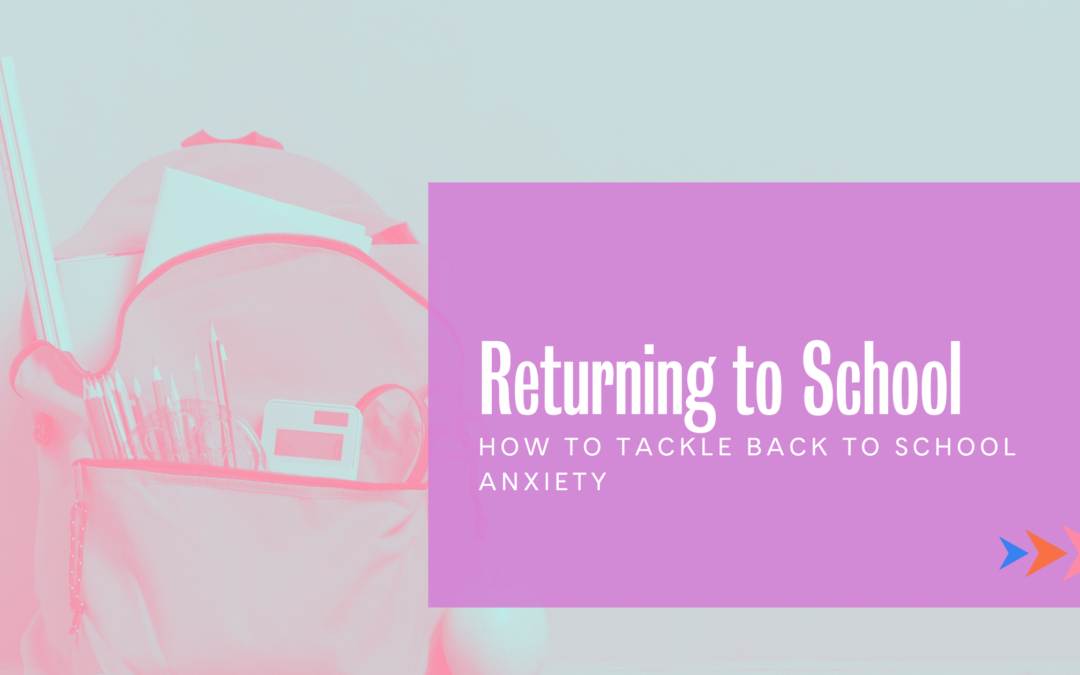For many, the return to school on the 8th of March is a huge sigh of relief, with some form of normality and routine coming back! But, for some, it can cause some anxiety and unrest. Children and teenagers let’s face it are used to being at home with their parents after months of togetherness. Wondering how you can support your children? Read on to find out more:
For Primary School Children
Listen and validate
Listen to your child’s concerns and worries, acknowledge any difficulties they may have. Share your own experiences to provide reassurance and that everything will eventually be okay.
Ease worries
It’s natural to have worries, encourage children to share their worries. They could write a list, create a picture or create a worry jar. We had a go at making our own Worry Monsters, take a look here.
Routine
Try and establish a fun routine, make a game out of getting dressed and brushing your teeth. Set up a basket with your child’s uniform and create some independence. Try and set a bedtime a week in advance to allow body clocks to adjust.
Rewards
Everybody loves treats, set up a reward chart in the home to try and help manage your children’s anxiety.
For High School Teenagers
Establish a routine
Before returning to school, try and prepare teenagers by getting them into a routine. Try and agree on a suitable light out time and try and minimise device use late at night. If using public transport, double-check timetables to ensure there is enough time to get to school.
Limit news
There’s lots of fake news plaguing the internet at the moment, creating anxiety and unrest for many teenagers. Try and set some time to discuss any worries or concerns they have regarding news stories they’ve seen. It’s always best to fact check news stories to ensure the source information is reliable.
Listen
It may seem like an obvious option but setting time aside to discuss any of their concerns is very important. Parents shouldn’t assume what their teenagers are feeling and allow them the opportunity to express themselves.
Practice self-care
Encourage self-care and look after your family’s mental health by eating healthily, exercising and ensuring you’re doing things you love. It has taken us so much time to adapt to the new “normal”, we need to remember it’ll take time to adapt to a new routine.
If your family need some additional support, take a look at the following resources:
Mind
Young Minds




Recent Comments